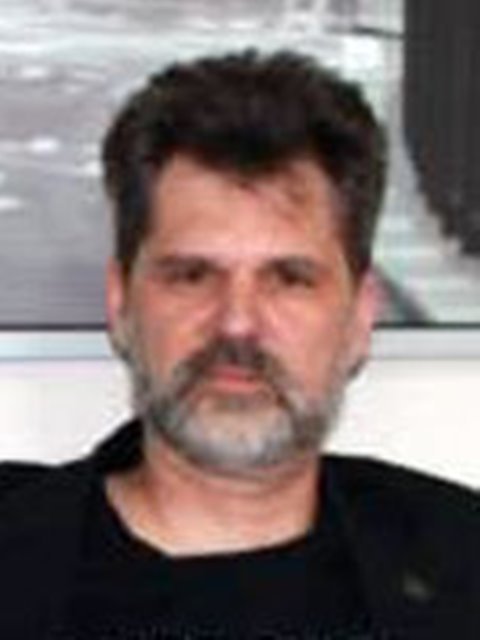Local elections in Turkey: A referendum-of-sorts, a fraudulent exercise and a Syrian connection
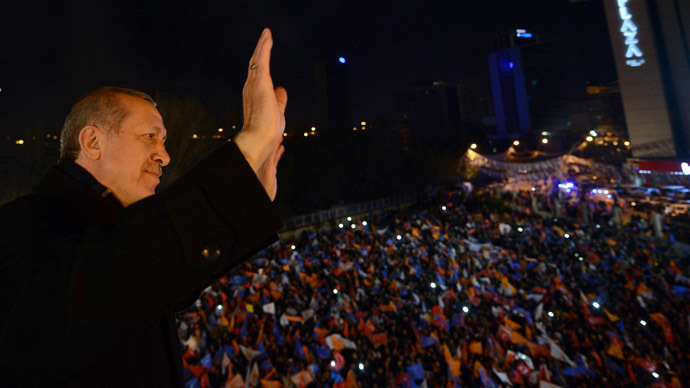
Over the past months, Turkey has been rocked by revelations that the government led by the extremely popular yet polarizing figure of Recep Tayyip Erdogan was (and continues to be) involved in far-reaching corruption and other venal practices.
As a result, the local or municipal elections at the end of March were seen by many as a kind of referendum, as a welcome opportunity for the disenchanted to show their lack of support for the ruling Justice and Development Party (Ak Parti or AKP).
The eagerly awaited election day saw a great many people, with 52 million individuals eligible to vote, trek to the polling stations, keen to cast their ballots and determine the identities of newly-appointed mayors and their administrations all across the country. At the end of the day, the results came as no surprise really: the ruling AKP got a whopping 43.30 percent of the nationwide vote, the opposition CHP a meager 25.61 percent, and their fellow-opposition MHP 17.64 percent; whereas, the Kurdish BDP won overwhelmingly in the country's south-east, amassing 4.65 percent nationally.
The stronghold
Ankara remained an AKP stronghold, with the CHP candidate nevertheless challenging the results that saw a return of Melik Gokcek to the mayoral seat. While Istanbul remained in the hands of Mayor Kadir Topbas, who has been in charge of the city since 2004. The international news agency Reuters proclaimed that Erdogan's “AK Party swept the electoral map in Sunday's polls, retaining control of the two biggest cities Istanbul and Ankara and increasing its share of the national vote as his pugnacious leadership style, beloved by a loyal, conservative voter base, trumped a stream of corruption allegations and security leaks.” As a result, many will now see the outcome as giving Tayyip Erdogan a popular mandate to run for the post of president in August. An unnamed senior government official has been quoted as saying that the PM now has “no obstacles before him,” and that his transformation into the nation's first popularly elected president is all but a foregone conclusion.
Election day itself was not without its own upsets and tragedies. Supporters of opposing rivals fought each other on the day itself, leading to the deaths of at least eight people – six individuals died in a gun fight between two families in the village of Yuvacik in the southeastern province of Sanliurfa’s Hilvan district, bordering war-torn Syria. In the village of Golbası in the Hatay province, which also borders Syria, two people died as the family members of two opposing candidates decided not to trust the ballot box and initiated a shoot-out instead.
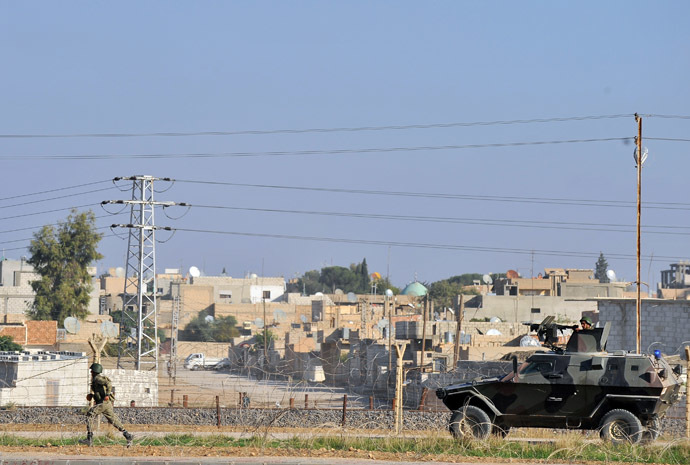
The Uskudar district on Istanbul's Anatolian (or Asian) side saw another kind of disturbance as two members of the exhibitionist feminist activist group Femen engaged in a bout of topless protest on the grounds of the Burhaniye Elementary School. The women had the words “Ban Erdogan” written on their chests and backs.
But quite apart from these more sensational happenings, shortly after the announcement of the election outcome, allegations of widespread fraud also emerged. Power blackouts had marred the election proceedings in more than 20 provinces in Turkey, just as ballot counting continued on election night. Eskisehir Mayor Yılmaz Buyukersen, a member of the opposition CHP, said that “in Salih Zeki High School in Gültepe district, a person was caught while trying to steal a bag full of votes. This person is confined now and lawyers are doing what’s necessary. The people revolted, everybody is on their balconies, protesting the situation by making noise with their pots and pans.” But rather than declaring the lack of light as indicative of fraudulent intent, the Minister for Energy and Natural Resources, Taner Yildiz has since said that “especially in the eastern Mediterranean cities of Mersin, Adana and Gaziantep, there was a storm with winds reaching 75 km/h. On the other hand, there was heavy snow in eastern Anatolian cities like Erzurum and Ardahan. These weather conditions caused some local power outages which didn't affect the vote counting.” Yildiz kept conspicuously quiet about power outages in western cities like Eskişehir and Istanbul, where clement weather conditions had prevailed. Since then the Energy Minister has also made another remarkable declaration: “I am not joking, friends. A cat entered an electrical substation. The blackout was caused by this, but this situation has not happened for the first time. It was experienced prior to the elections. To link this [cat-induced power blackout] to the election [process] is wrong.”
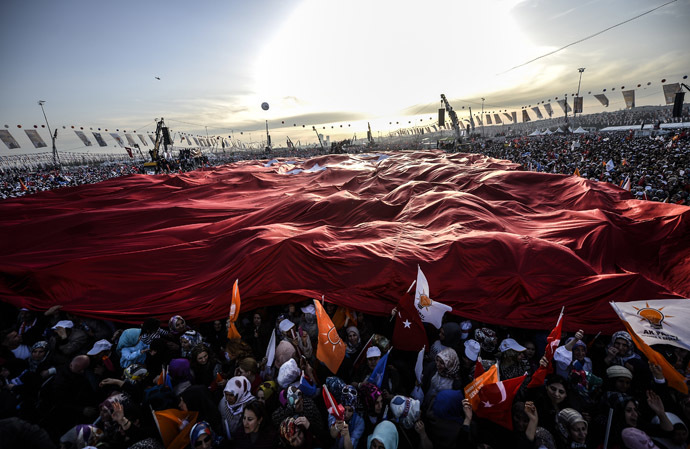
The implications
On a more serious note, really rather disturbing irregularities on election day have since also come to light. Such as the fact that used ballot papers have allegedly been found in refuse dumps in the Duzici district of Osmaniye. These papers contained votes for the opposition parties. Whereas, ballot papers which had been pre-printed with votes for the AKP were allegedly found in such different locations as Bitlis Tatvan, Gaziantep, (İstanbul's) Sultanbeyli district, Pendik, Mardin, Midyat, and Antakya. Furthermore, it has transpired that in Istanbul 32 people were registered with different surnames as voters at the same address – an address that turned out to be an empty apartment block in Istanbul’s Bakırkoy district. Illiterate voters in the Ahlat district of Bitlis were pressed to vote for the AKP candidate by officials assigned to assist them in casting their ballots. Whereas in Erzurum’s Yakutiye district, the official responsible for the ballot, sealed the ballot box in the privacy of his own home rather than in public and witnessed by impartial observers.
In spite of these irregularities, a convincing AKP victory was nevertheless expected by some, such as Murat Gezici, the director of the Gezici Research firm. On election day, the firm also conducted a pole, asking voters leaving the polling booth a series of questions. Voters indicating that they had cast their ballot for the AKP candidate stated in overwhelming numbers that they were satisfied with the level of municipal service delivered by AKP incumbents (68.5 percent). While an equally large number of those questioned declared that they had actually cast their ballot for Tayyip Erdogan (62.4 percent). Despite these numbers, the government nevertheless seemed more than somewhat concerned prior to election day, banning access to the social networking sites Twitter and YouTube. Still, people in Turkey are using the hashtag #tutanakNO on Twitter to post evidence of election fraud, as they use VPNs to bypass government censorship.
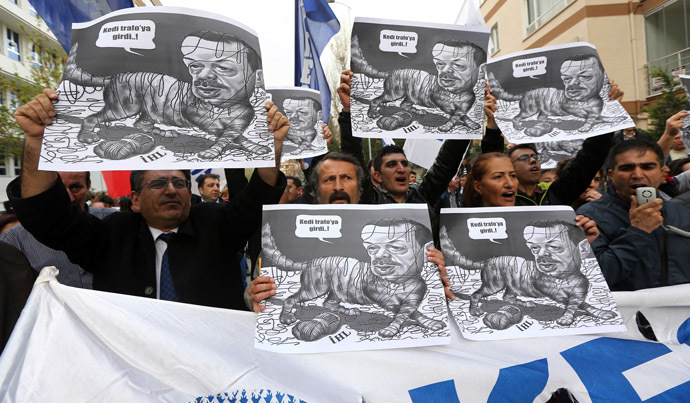
A recording revealing behind-the-scenes negotiations between Foreign Minister Ahmet Davutoglu and other prominent AKP figures, leaked just days before the actual election, also seems to indicate that the government was concerned about gaining a substantial victory. On the "tape", accessible via YouTube, banned in Turkey arguably because of this very leak, the FM can be heard saying that the “Prime Minister said that in the current conjuncture, this attack [on the tomb of Suleiman Shah in Syria] must be seen as an opportunity for us.” Do these words indicate that Tayyip Erdogan was actually worried about the election outcome, due to the corruption allegations ("the current conjuncture")? Davutoglu might be really suggesting that a false flag attack on Turkey's exclave in Syria would be an "opportunity" to deflect attention and garner public support. On the same leaked tape, the figure of Foreign Ministry Undersecretary Feridun Sinirlioglu can be heard stating that Turkey's National Intelligence Organization (MIT) has become “a common, cheap domestic policy outfit” – a fact I actually highlighted in an earlier piece as well. And just days before the election, Turkey downed a Syrian warplane.
In any event, the false flag attack on the tomb of Suleiman Shah did not take place, but instead now Turkish military tanks appear to be gathering continuously in the province of Hatay, bordering Syria and home to many refugees from the war-torn country. Do these troop movements indicate that the Turkish government now feels emboldened enough to actually send in boots-on-the-ground and intervene directly in Syria's not-so civil war? Now that Tayyip Erdogan has no more distractions facing him or his administration, he might attempt to bring the conflict in Syria to a speedy conclusion, a conclusion that would see the end of Bashar Assad's reign; the Turkish PM would then become a war hero and ensure that the Turkish electorate would unanimously appoint him to the post of president.
The statements, views and opinions expressed in this column are solely those of the author and do not necessarily represent those of RT.
The statements, views and opinions expressed in this column are solely those of the author and do not necessarily represent those of RT.
